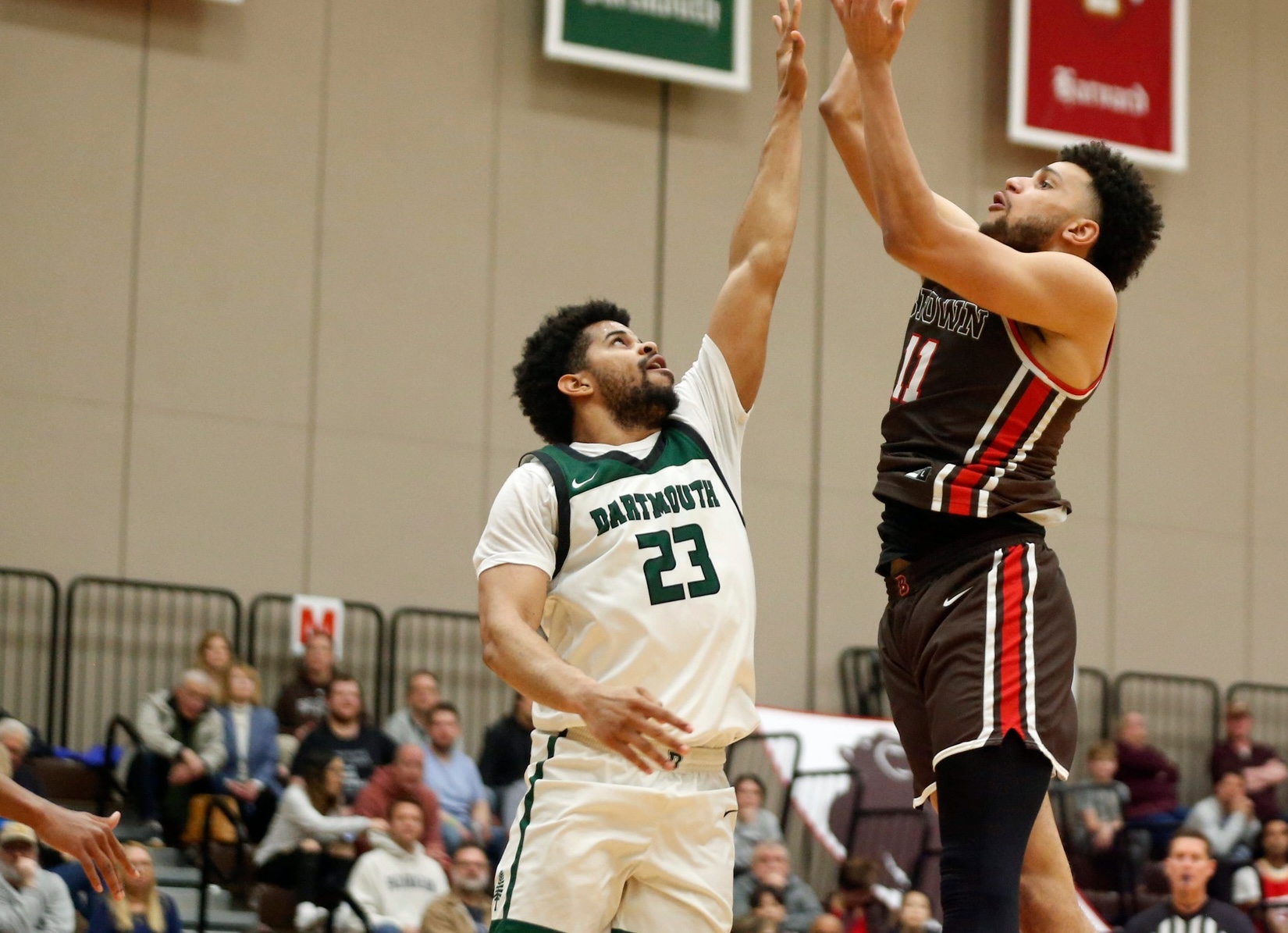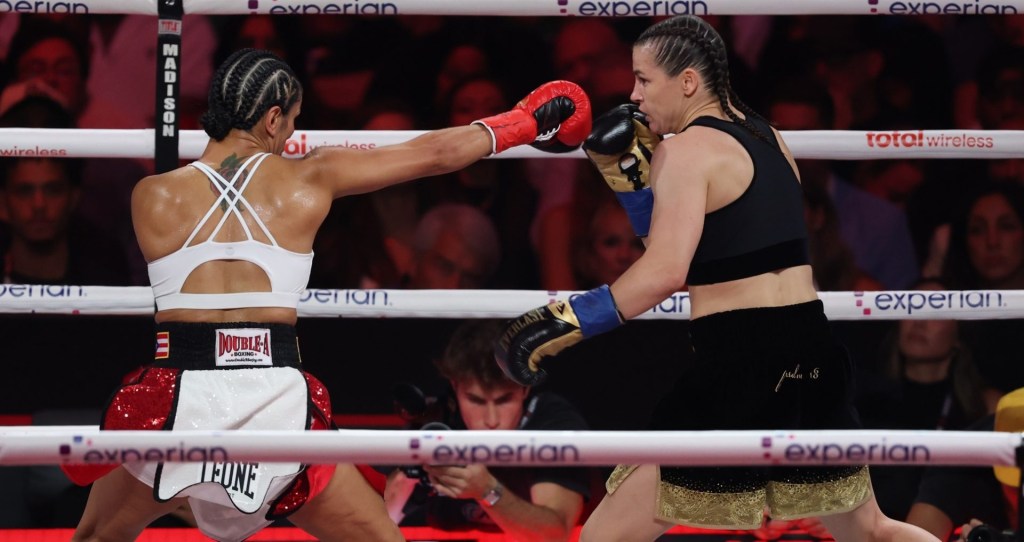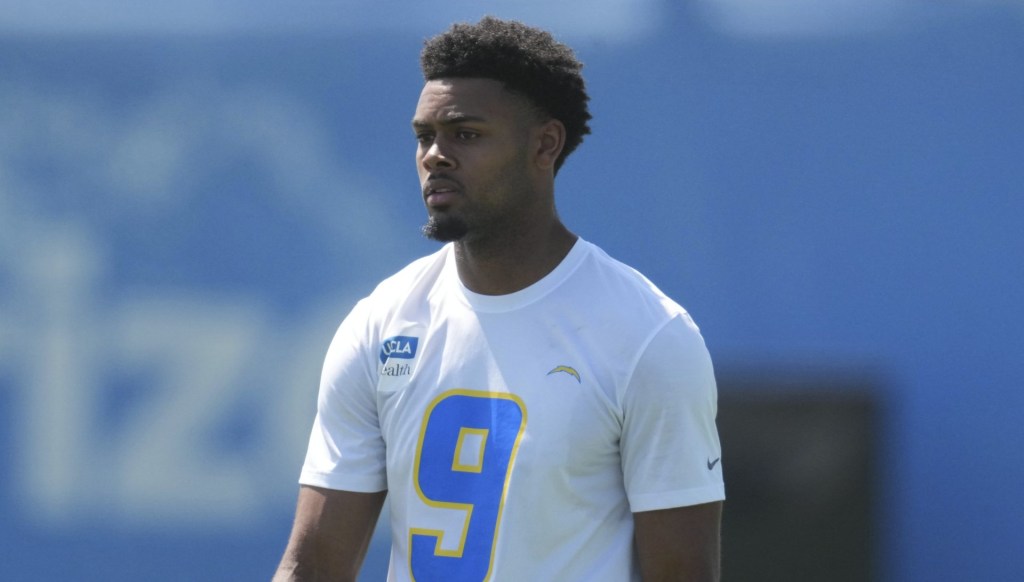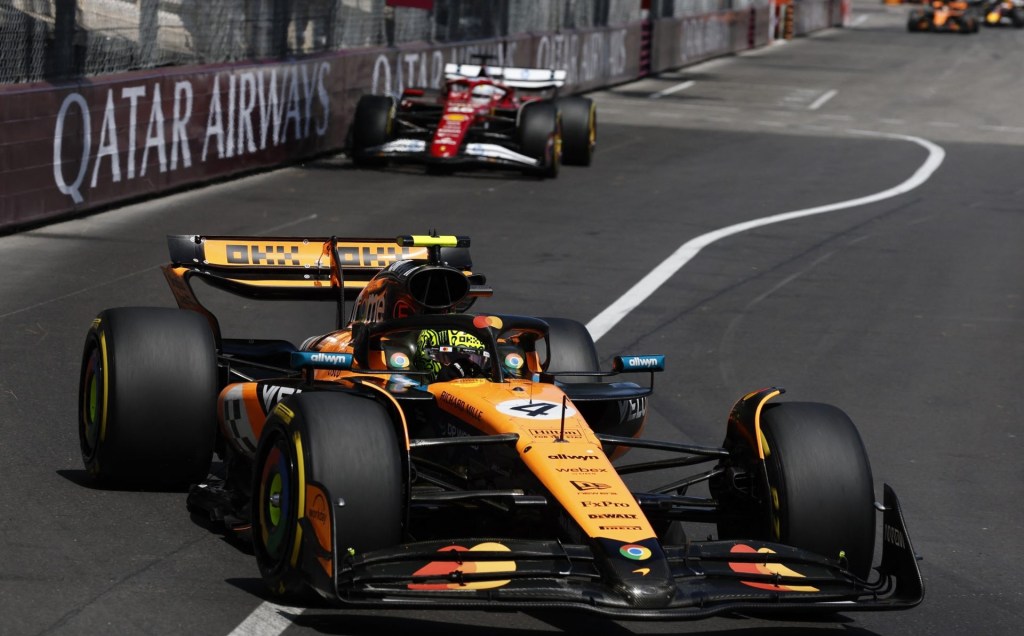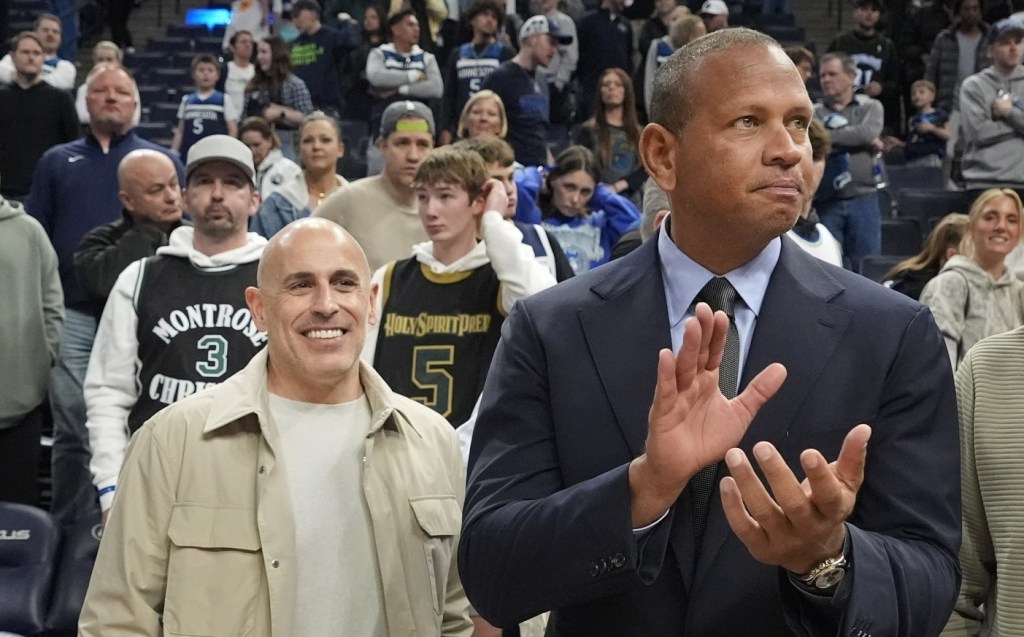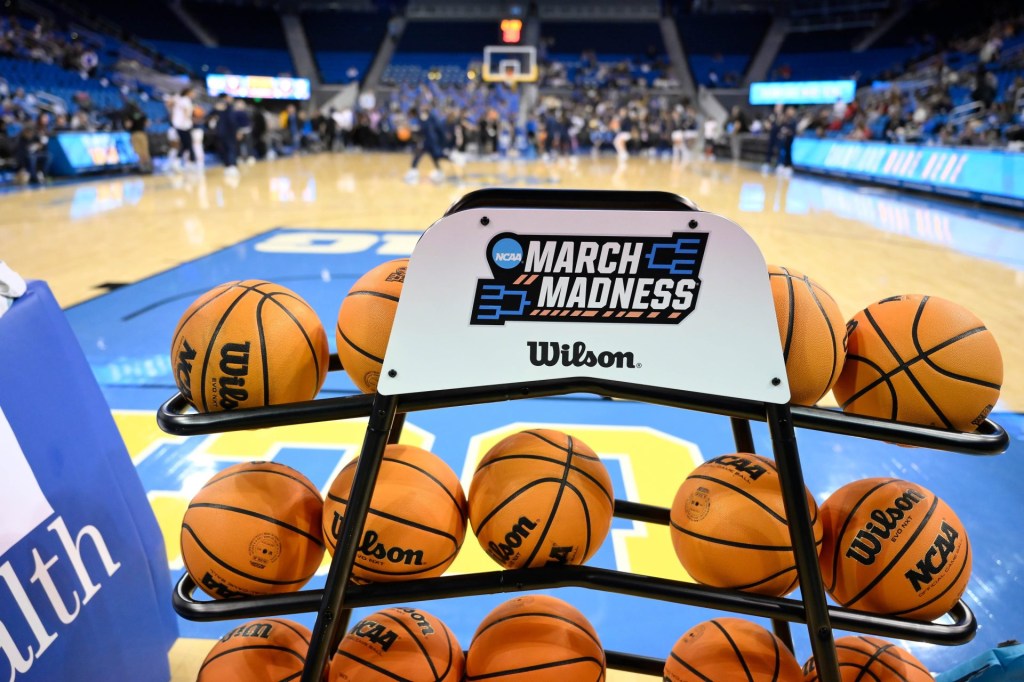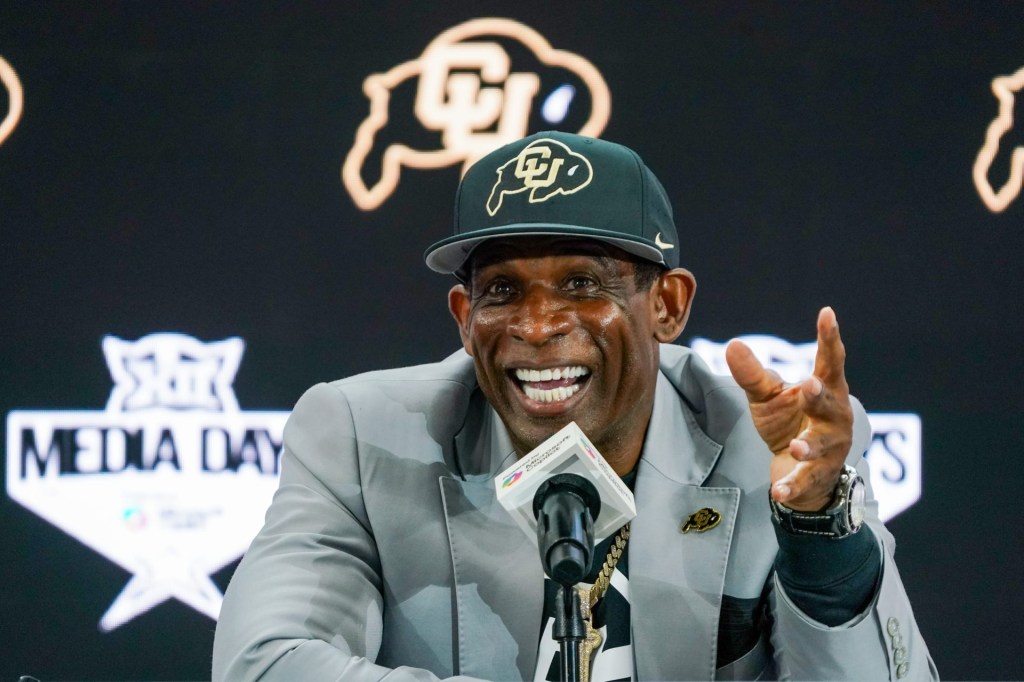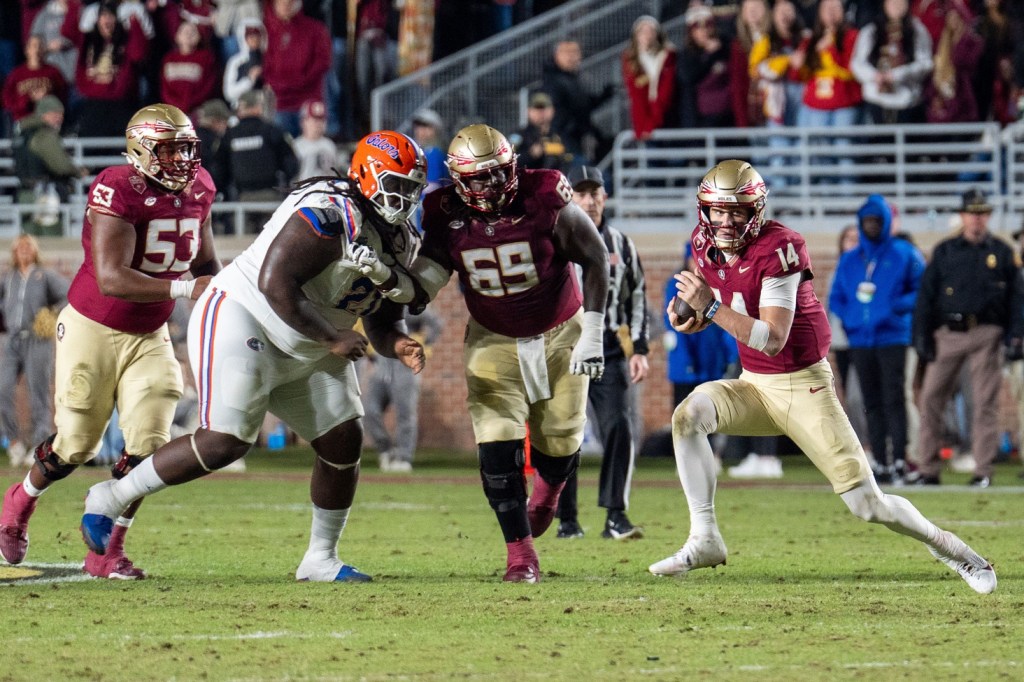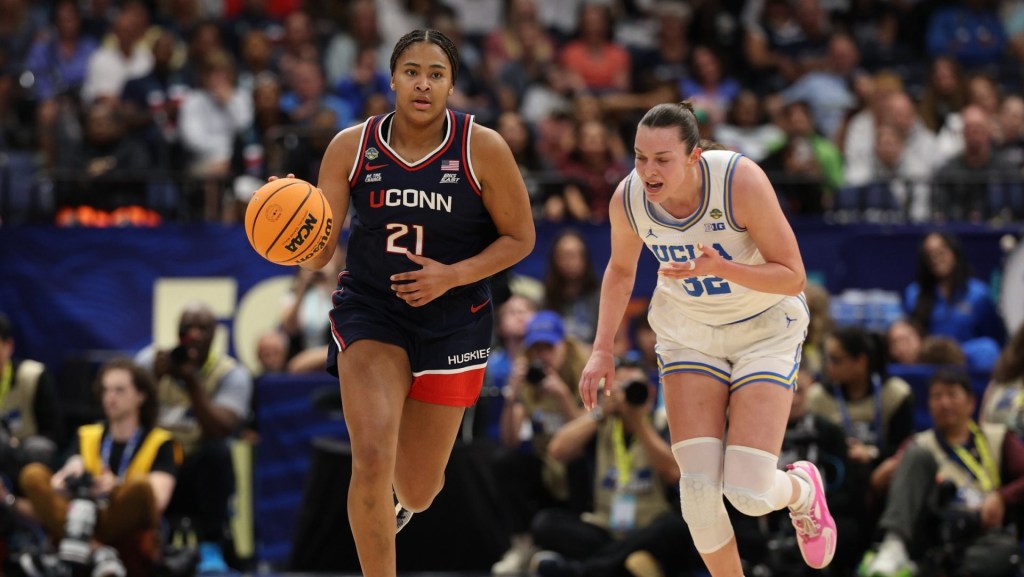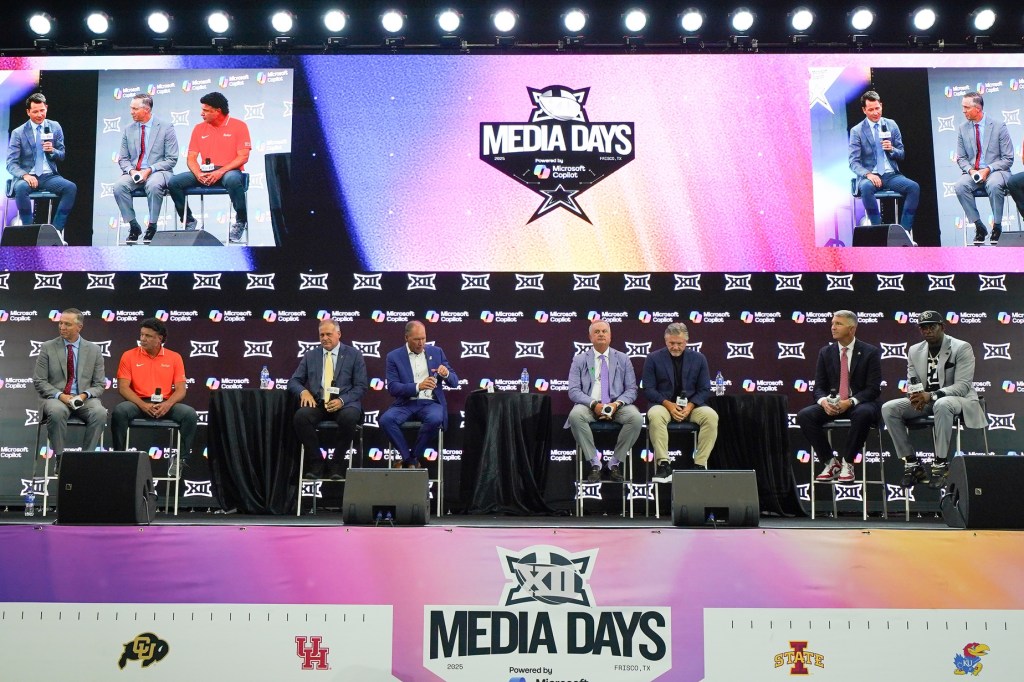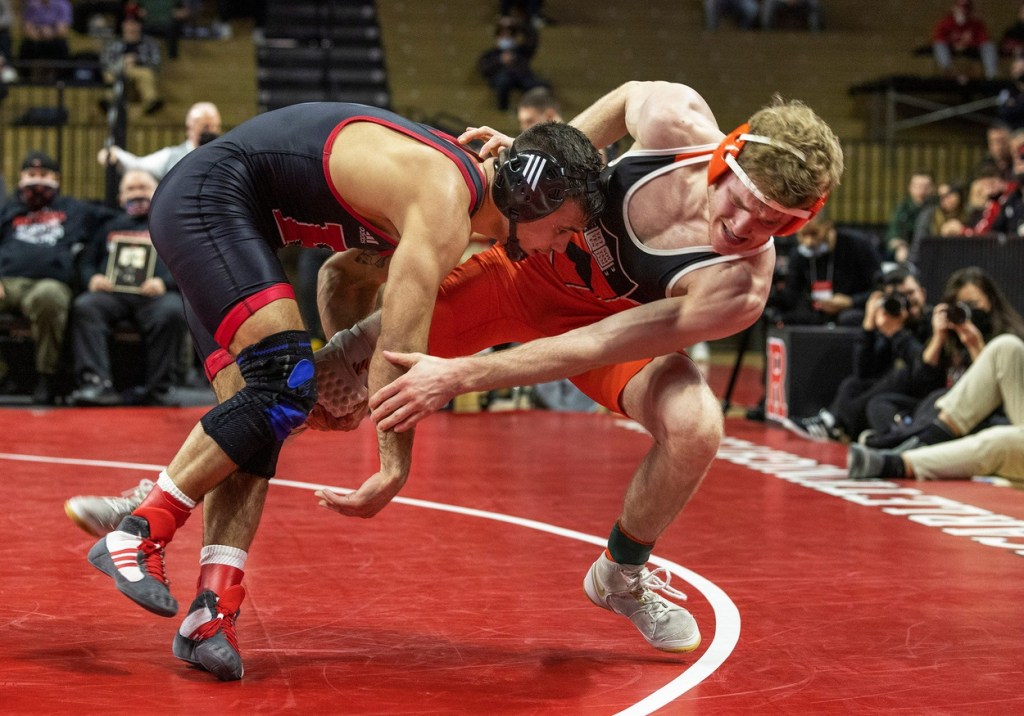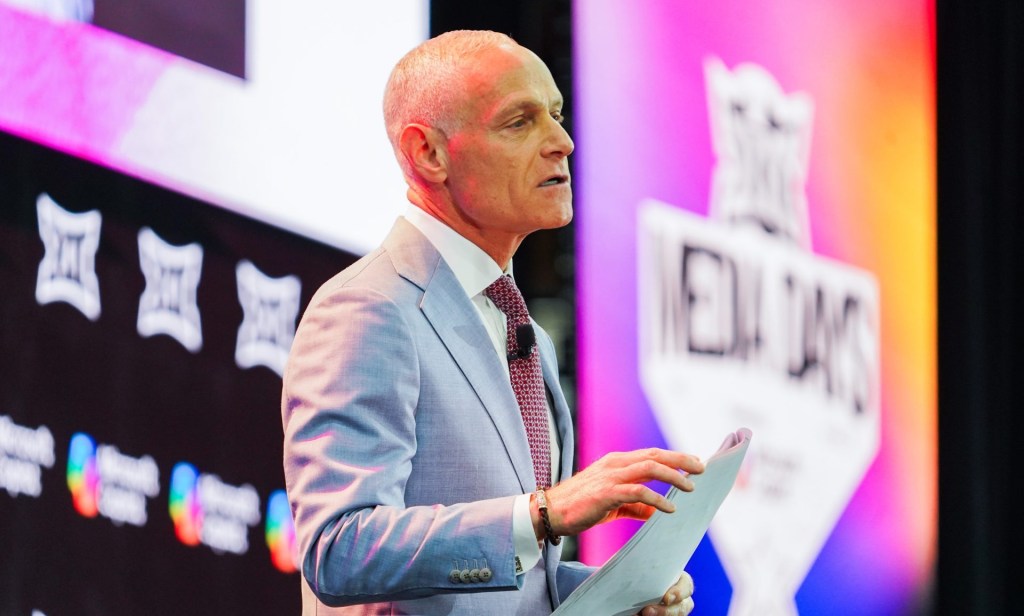The Dartmouth men’s basketball team continues to fight for the right to formally unionize.
Representatives for the players filed an unfair labor practice charge with the National Labor Relations Board on Wednesday, alleging the school refuses to enter collective bargaining conversations with athletes.
The Service Employees International Union Local 560 chapter, which represents many of Dartmouth’s campus unions, filed the charge on behalf of men’s basketball players “because Dartmouth’s public refusal to bargain in good faith … is in violation of both labor law and Dartmouth’s very own Code of Ethics,” the group said in a statement.
In February, an NLRB regional director ruled that the athletes could unionize, and the players voted 13–2 to join SEIU Local 560 a month later. Dartmouth College immediately filed a request to appeal the decision to the national board. The NCAA and Ivy League have both filed briefs in support of Dartmouth’s appeal—unsurprising positions given that the case that could, ultimately, result in the death of amateurism.
“For nearly 60 years, Dartmouth has followed a tradition of bargaining fair and equitable union contracts with our local,” Local 560 president Chris Peck said in a statement. “While expensive legal judgments continue to pile up against the NCAA, the tide has shifted and it is past time for Dartmouth administration to avoid the looming financial and legal liabilities by grasping this opportunity to show leadership, as the players have, and live up to its own rhetoric regarding the importance of both community and dialogue.”
The charge could go before the local board for a hearing if the NLRB decides to take up the case. It’s the same mechanism that the National College Players Association, led by longtime college athlete Ramogi Huma, used to accuse USC, the Pac-12, and the NCAA of illegally classifying football and basketball players as amateurs, rather than employees. That case was heard at the NLRB’s local Los Angeles office this past winter, and is currently awaiting a ruling.
Dartmouth said in a statement that it expected its refusal to bargain—which the school called “an unprecedented step in Dartmouth’s long history of labor negotiations”—would lead to an unfair labor practice charge. “We maintain that the regional director made an extraordinary mistake in finding these students are employees. Varsity athletes in the Ivy League are not employees,” the school said in a statement. It claimed its refusal to come to the table was “the only lever we can engage to ensure this matter is reviewed by a federal court.”
